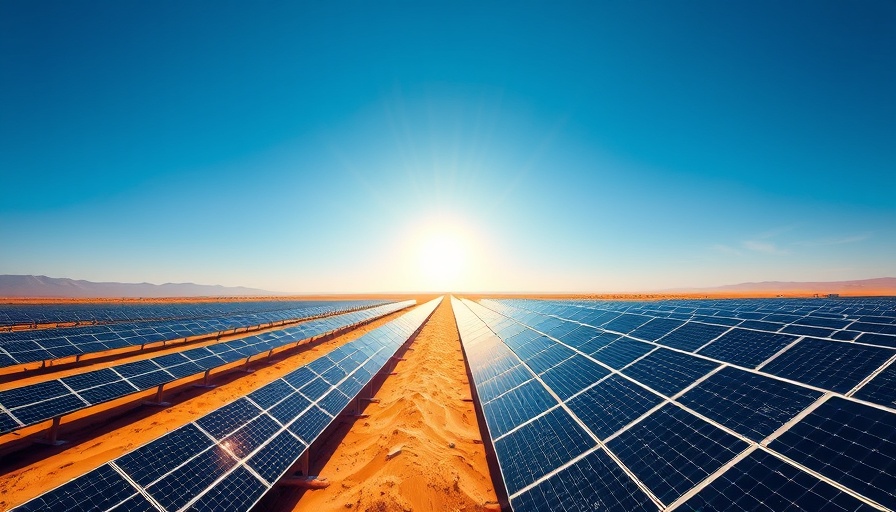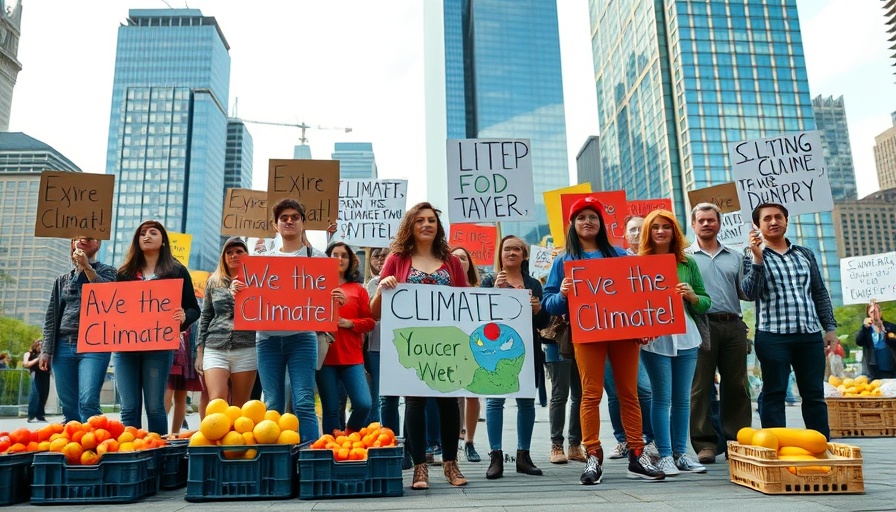
The Urgent Need for Wetland Conservation
In an alarming new report from the Ramsar Convention, titled Global Wetland Outlook 2025, it has been revealed that wetlands—some of the planet's most vital ecosystems—are disappearing at an unprecedented rate. Since 1970, approximately 22% of the world’s wetlands have been lost, with projections indicating that an additional one-fifth may vanish by mid-century unless urgent, immediate action is taken. This underscores the critical need for prioritizing wetland conservation as part of our collective sustainability efforts.
Why Wetlands Matter
Wetlands, despite covering just 6% of the Earth's surface, are vital providers of ecosystem services that contribute over 7.5% of global GDP—about $39 trillion annually. They play a critical role in water purification, carbon storage, and coastal protection. Furthermore, these ecosystems support billions of people by bolstering food systems and livelihoods worldwide. Given their irreplaceable contributions to the planet, safeguarding wetlands is not just an environmental necessity; it's an economic imperative as well.
Transformative Pathways for Action
The report outlines four transformative pathways to reverse the tide of wetland destruction:
- Integration into National Planning: Wetlands should be included in all levels of land-use planning.
- Embedding in Climate and Biodiversity Finance: A better allocation of resources for wetlands in climate action strategies.
- Recognition in the Global Hydrological Cycle: Acknowledging wetlands' crucial role in water cycles.
- Mobilizing Blended Finance: Encouraging public-private partnerships to finance wetlands conservation and restoration.
One disturbing takeaway from the report is the fact that wetlands are receiving less than 9% of all climate finance earmarked for nature-based solutions. As Musonda Mumba, Secretary-General of the Ramsar Convention stated, "Wetlands remain overlooked in budgets, underrepresented in plans, and underfunded in action." This presents a compelling case for the urgent need for all stakeholders involved—governments, entrepreneurs, communities—to advocate for increased funding and support for wetland initiatives.
Success Stories Around the Globe
Yet, amidst the challenging statistics, the report shares promising success stories showcasing what can be achieved with concerted efforts. For instance, in Zambia’s Kafue Flats, an initial $300,000 restoration project has blossomed into a $1 million annual investment that supports biodiversity and sustains approximately 1.3 million people. Initiatives like the Regional Flyway Initiative, which aims to restore over 140 wetlands across Asia, emphasize the potential for extensive collaboration and funding.
The report emphasizes that restoring around 5.5 million square kilometers of wetlands—an area half the size of Canada—is necessary to meet both global biodiversity and climate targets. However, current commitment levels fall woefully short, hovering around a mere 0.25% of global GDP. This gap represents not just a challenge but an opportunity for stronger engagement in conservation initiatives.
Community Involvement in Wetland Restoration
Communities play a critical role in the restoration and preservation of wetlands. Local involvement not only ensures the success of projects but fosters a sense of ownership and responsibility towards these ecosystems. Through community gardens and educational programs, citizens can take meaningful action that contributes to broader conservation efforts. The interface between local actions and global goals illustrates a dual pathway that benefits both the environment and social fabric.
Conclusion: A Call to Action
The report released in Nairobi ahead of the Ramsar Convention’s COP15 summit is a clarion call to every individual, organization, and government entity. It is essential that we engage in practices that safeguard wetlands through sustainable living methods, including supporting eco-friendly products, renewable energy projects, and advocating for conservation efforts. Together, we can create a sustainable future where our invaluable wetlands can thrive once more.
 Add Row
Add Row  Add
Add 



Write A Comment